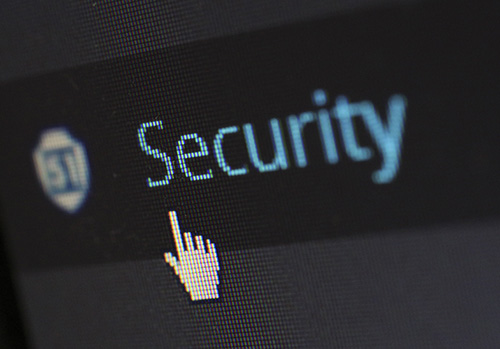
Photo by Pixabay on Pexels
Have you ever been in a public place or business and decided to connect your mobile device to their public Wi-Fi? If your answer is yes, this information is for you.
The increasing importance of the Internet in our daily lives is imminent. Going online to search for information, entertainment, social interaction, or education has been one of the greatest revolutions of the 20th century. Therefore, as a relatively new technology, there is still a lack of knowledge about how information travels through the Internet and what considerations we should examine to protect ourselves while browsing it.
How to Protect Your Personal Information Properly?
We should consider three factors when we are going to navigate online to protect our personal information. These are:
• Electronic Devices: The device you use to browse online must be up to date. Including the internet browser and the operating system.
• Passwords and Private Information: Secure your accounts with a strong password of at least 12 characters using passphrases or random words that are not directly related to your personal information. Another action you could take for protection is to use a password manager. In this way, you can generate new secure passwords.
• Connection: Will you be connecting from a private or public connection? The main difference between these connections is that a home wireless network is secure because it uses the router’s password and limits the number of devices connected. Also, these connections have an encryption system that does not allow others to obtain your information. When you connect your device to public Wi-Fi, it is essential to note that public connections are not secure.
Suppose you join one of these networks and browse Internet pages that are not secure. In that case, you could allow third parties access to your personal information, passwords, photos, and other data if you are not careful. In addition, many times, the information is shared or sold to other Wi-Fi service companies when you connect to them.
For this reason, when connected to public Wi-Fi networks, you cannot perform tasks that may expose personal, financial, or confidential information.
Is My Personal Information Being Tracked?
Another detail we must consider when wandering online is online tracking. When we browse online, we leave a footprint that others can track in various ways.
Websites generally insert a file known as cookies to personalize your navigation through the website. When this happens, it is known as a first-party cookie.
E-commerce Websites use this strategy to help them personalize browsing preferences that facilitate your experience. For example, websites suggest which items to buy or save the things you left in your shopping cart.
Another way to track your information is through third-party cookies. Websites you navigate allow other companies to place cookies on your device to collect data and show you advertising related to your web searches.
When browsing online, it is impossible to get rid of tracking completely, but there are a few tips that can help you. Some of these are: change the settings of the browser you are using, change the settings of your smartphone, change the settings of your Internet and smart television and download an ad blocker.
Considering these details, do you think you meet these security requirements?
Got Medicare Questions?
We hope that this article on protecting your personal information is useful to you.
Let us help you answer your questions provide your complimentary benefits review and get you back to doing the things you love.
Call (888) 446-9157, click here to get an INSTANT QUOTE, or leave a comment below!
See our other websites:

